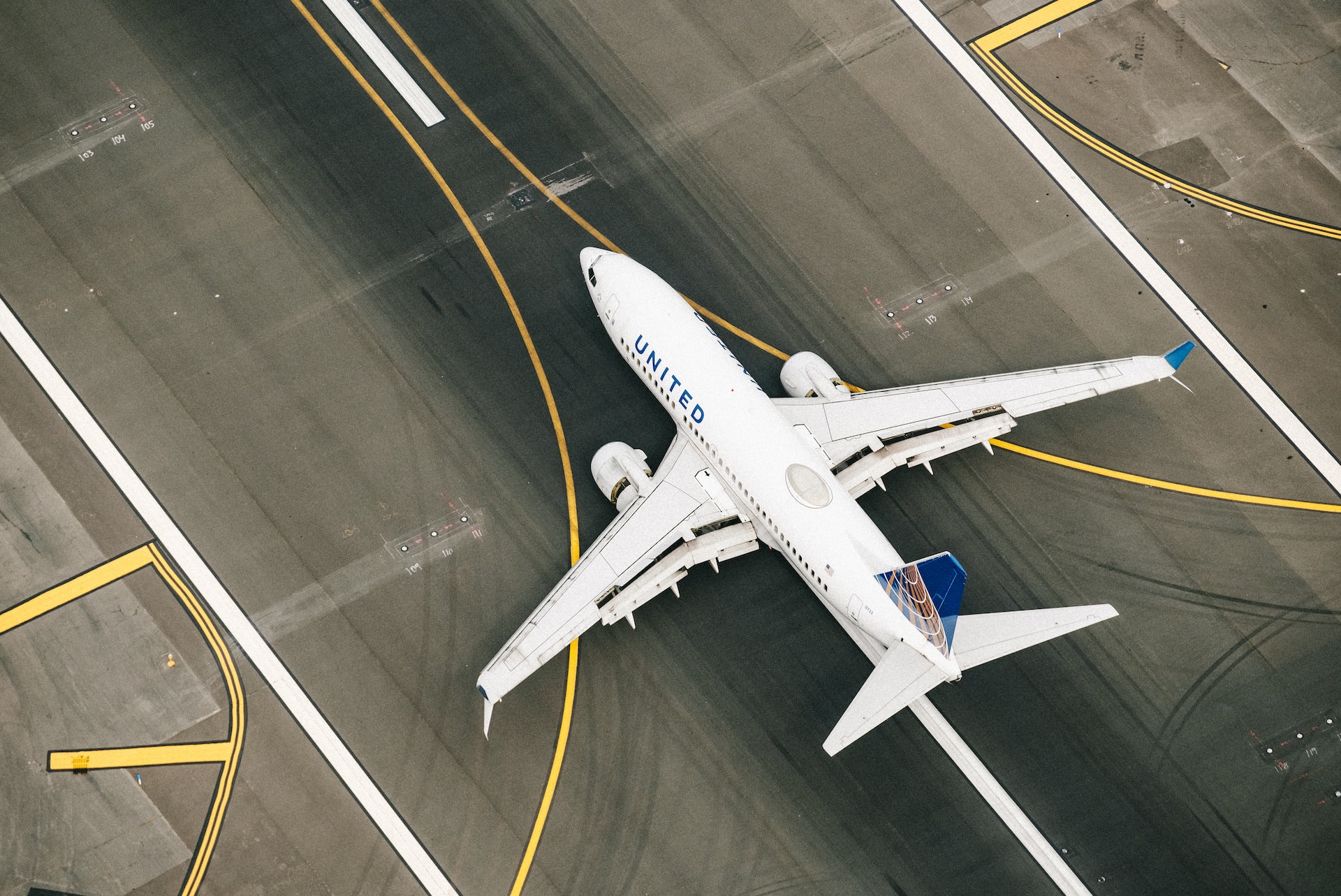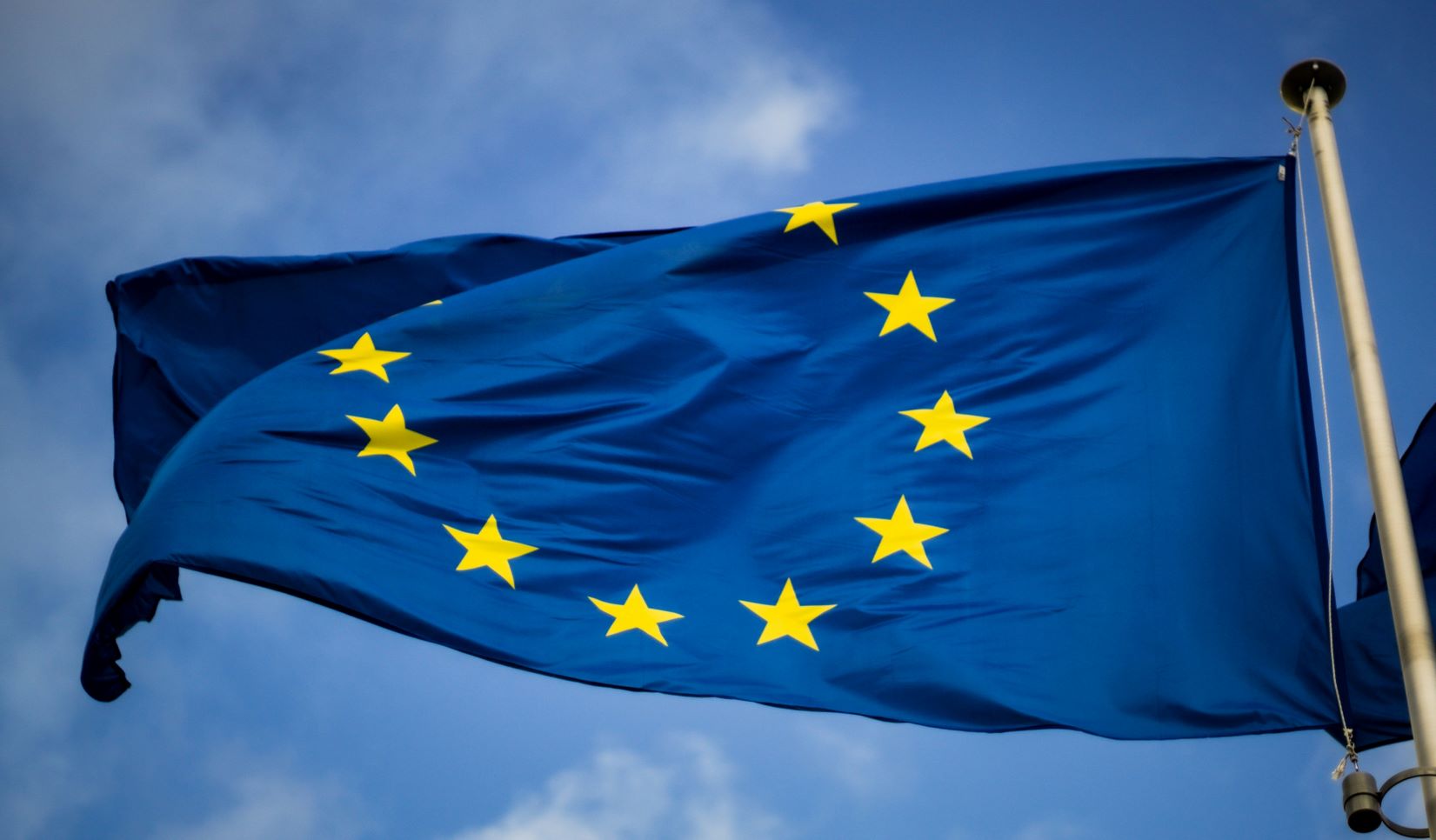World Energy announced a long-term agreement with Microsoft to increase the decarbonization in corporate air travel and supply chain cargo through the purchase of sustainable aviation fuel certificates.
The World Energy is a sustainable aviation fuel (SAF) producer and low-carbon solutions provider.
Agreement displays World Energy’s efforts to combine all sectors to participate in the decarbonization in the sector. The agreement with Microsoft is verifiable with sustainable aviation fuel (SAF) via a Book & Claim tracking framework.
The agreement will replace some 43.7 million gallons of petroleum jet fuel with low-carbon SAF. As per the report, the emissions can decrease to 469,000 metric tonnes of CO2.
The spectrum of the agreement proposes to catch up with the decarbonization of the industry to reach profitable operations at scale.
What the parties involved said –
Gene Gebolys, CEO of World Energy, said, “We’re thrilled to be launching this long-term collaboration with Microsoft,”
“Through this agreement, we will empower one of the world’s most recognized innovators to grow their business while minimizing their carbon impact and together we’re committing to making a sustained push well into the next decade to decarbonize aviation at ever greater scale.”
“Microsoft has made some the most ambitious decarbonization commitments of any corporate leader and we are honored to be teaming up to help them meet those goals.”
Katie Ross, director, carbon reduction strategy & market development, Microsoft, said, “This agreement exemplifies the power of collaboration and technology in driving meaningful change in one of the hardest-to-abate sectors,”
“Not only will it help to reduce our business travel and supply chain logistics emissions, but we hope this agreement will inspire others to take action and support the transition to alternative fuels that will enable a decarbonized aviation industry.”
More about the World Energy agreement
The agreement will advance trust in digital monitoring and verification for SAFc. As per the strategy, the fuel and its environmental attributes are handled differently which are purchased as a decarbonisation program.
To utilize and physically produce SAF, it is necessary to have the independently accredited certificate which is tracked transparently, and verified by a third party by the implication of digital chain of custody system referred to as “Book & Claim.”
That makes it easier for both airlines and corporate companies to achieve the decarbonization benefits of SAF. An added benefit is that both logistic costs and emissions are reduced as the fuel can be used near where it is produced rather than being shipped around the world.
The company claims all product will achieve the Roundtable on Sustainable Biomaterials (RSB) certification, widely recognized as the most rigorous standard in the industry. The supply will be created at the World Energy’s facility in Paramount, CA.
The renewable feedstocks such as fats, greases, oils, yard waste, other municipal solid waste, woody biomass, and other feedstocks are used to create SAF. As per the report, SAF is blended with conventional Jet A fuel at a level of up to 50%, reducing aviation emissions by up to 80%.




